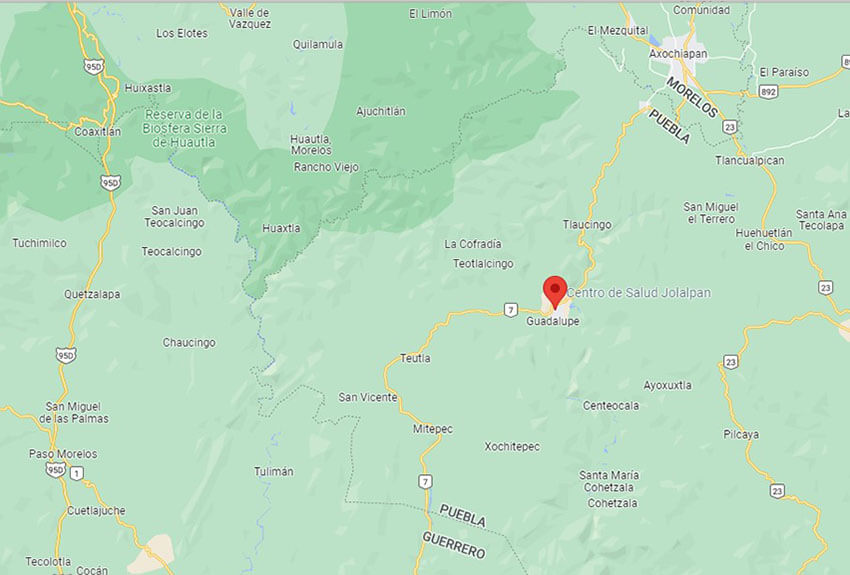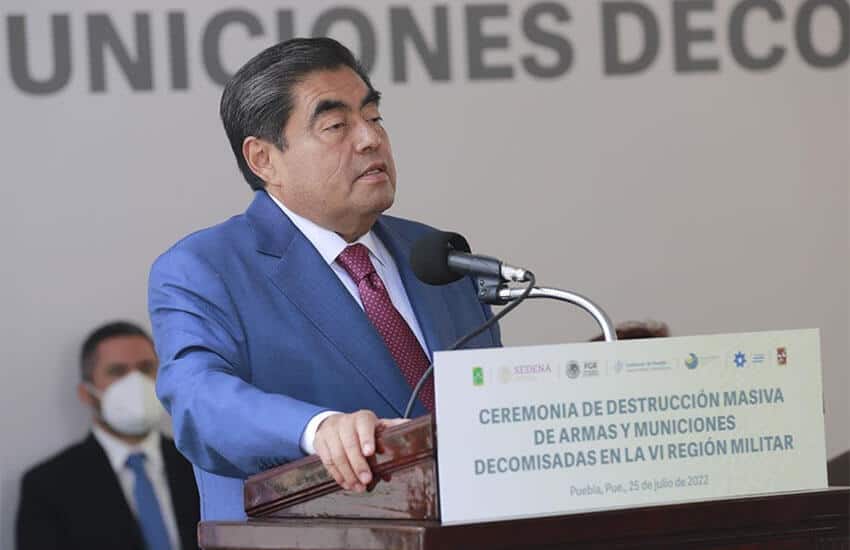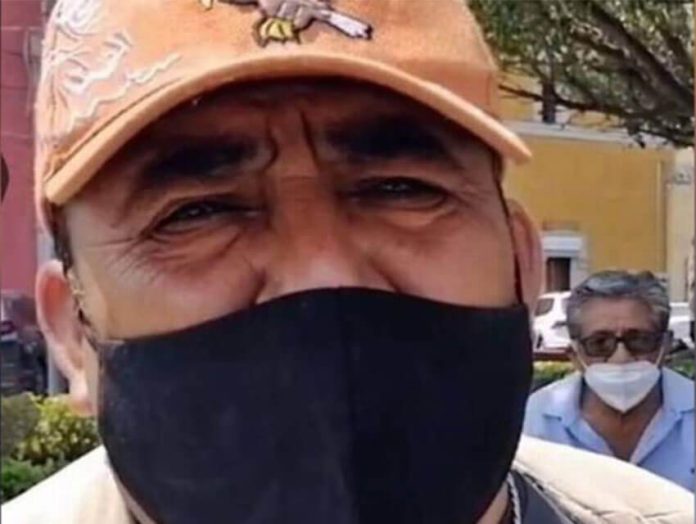A Puebla self-defense force’s decade-long fight against narcos intensified last week with an armed confrontation that left six of the self-proclaimed good guys dead.
But with authorities failing to protect residents of the state’s Mixteca region, members of the Fuerza Territorial Poblana (FTP) have not been deterred by the deaths of their comrades, In fact, they are as determined as ever to do what they can to protect themselves and their families – despite the risks they face.
The clash with presumed members of the Familia Michoacana crime group occurred July 20 in Jolalpan, a Mixteca region municipality that borders both Guerrero and Morelos. Among the six dead was FTP leader Eloy Merino Mendoza. Sixteen other people were wounded, one report said.
According to a Milenio newspaper report, the FTP formed 10 years ago when Los Rojos was the dominant criminal gang in the Mixteca region of Puebla, which borders Oaxaca, Guerrero and Morelos and is part of a drug trafficking route. The FTP was successful in weakening Los Rojos, but the Familia Michoacana subsequently moved in and started making threats against residents.

Since then, the self-defense force has been focused on keeping the Familia Michoacana at bay. In 10 years, its membership has grown to almost 2,500 autodefensas, including elderly men and women.
“The group formed to defend ourselves because we were fed up with so many threats and deaths,” Arturo, a 75-year-old campesino-cum-vigilante, told Milenio.
“… What do we have to do? Find the way to defend our own lives and families because nobody wants to die [at the hands of a crime group],” he said.
“When will the government do its job?” questioned another FTP member. “That’s why we pay taxes. … If the government did its job, we wouldn’t have to go around with weapons, we wouldn’t use them anymore,” he said, repeating a refrain uttered countless times by self-defense force members in states such as Michoacán and Chiapas.
The vigilante, who asked not to be identified by name, told Milenio that he and other FTP members didn’t want to be “police” but had no choice.
An elderly female autodefensa also said she felt obliged to take up arms. “At this age, we have no option but to pick up a weapon and defend ourselves,” she said. “To be sincere, I’m scared, taking up arms frightens me … but we all have families.”
Milenio reported that the FTP has taken control of security in 27 Mixteca region municipalities, most of which don’t have certified municipal police. In Jolalpan, where last week’s clash occurred, there have been no certified officers for 10 years, according to a local councilor.
“The truth is there haven’t been any certified police since 2012,” said Bernabé Cortez. “I don’t know [why] because we’re [a] new [municipal government],” he said.

The state government, which is responsible for certifying police, has condemned the FTP’s efforts to keep the peace, even accusing it of being involved in crime. But it hasn’t guaranteed the Mixteca region’s security itself, vigilantes say.
Yet another FTP member who spoke with Milenio rejected accusations that the self-defense force is in fact a cartel.
“They’ve been accused of being criminals but there’s no proof of that. Not one authority can prove that we’re a cartel or collude with a cartel. No, we’re merely campesinos, sugar cane workers, farmers, stockbreeders, doctors, engineers, there are all kinds of people here [but] there are no narcos, at least as far as we know,” he said.
To keep criminals out of FTP ranks, new members are asked to prove that they don’t have a criminal record and present identification and even personal references, Milenio said. Vigilantes said they would only lay down their arms if a military or state police base was built in the Mixteca region, where Milenio’s reporter saw no federal or state forces during a recent trip.

President López Obrador announced in May that new National Guard barracks would be built in the region, but it was unclear when they would be completed.
Puebla Governor Miguel Barbosa, who has described the operation of unofficial self-defense forces as “unacceptable,” said after last week’s confrontation that a “very specific strategy” involving all three levels of government was needed to return peace to the region.
A United States government commission said earlier this year that the federal government’s non-confrontational security strategy – the so-called “hugs, not bullets” approach – was insufficient to combat synthetic drug trafficking.
With reports from Milenio, El Universal and La Jornada
